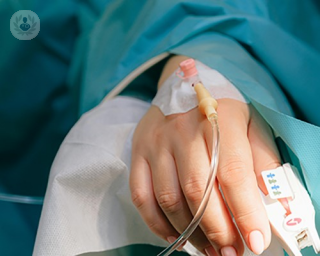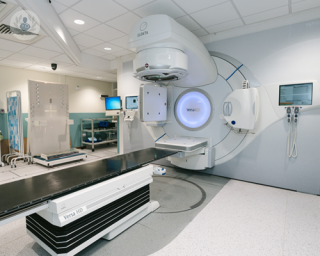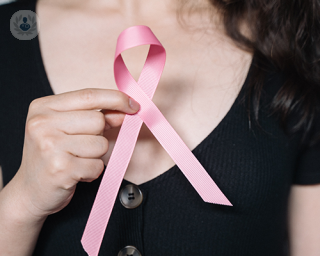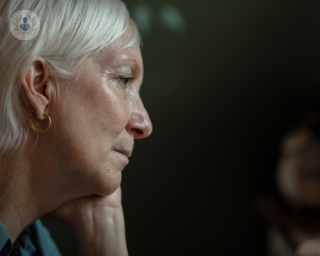
Por Dr Amit Shah
19.11.24
Oncología Médica
Exploring the connection between colorectal cancers and genetics, diet and lifestyle
Colon cancer, rectal cancer, colorectal cancer, or bowel cancer. The name changes depending on where the malignancy originates, but diagnosis, genetics and management has become more uniform and standardised. A leading medical oncologist takes a look at this important talking point in this informative article.
















